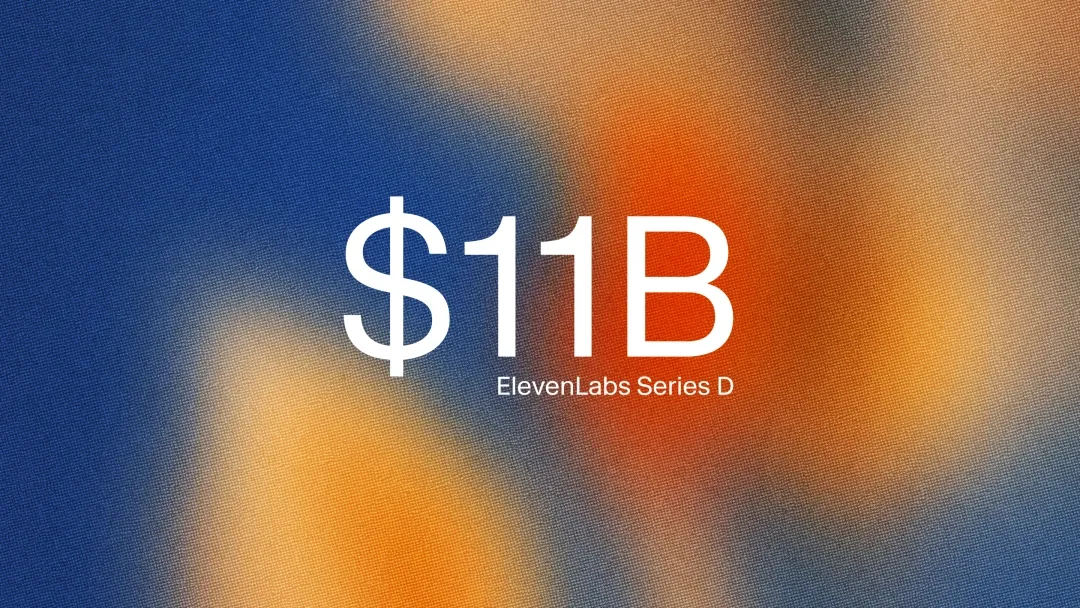This week was dominated by small (and sometimes tiny) language model releases. Apple, Hugging Face, Mistral AI, and OpenAI jumped on the trend, with the first three offering their models under permissive licenses.
Hugging Face released SmolLM, a new family of small but powerful language models trained on a high-quality dataset. Available in 135M, 360M, and 1.7B-parameter sizes, SmolLM is small enough to run efficiently on mobile devices, yet sufficiently performant to surpass models in those size categories, including Meta's recently launched MobileLLM.
Mistral AI and NVIDIA launched Mistral NeMo, a 12B parameter model suggested as an alternative for Mistral 7B, especially in enterprise-grade use cases. Mistral NeMo's key differentiator is that it was trained and optimized using NVIDIA's DGX Cloud AI platform and NVIDIA TensorRT-LLM, and is available as a containerized NVIDIA NIM microservice that can be deployed on the cloud, data centers, and workstations featuring an NVIDIA L40S, NVIDIA GeForce RTX 4090, or NVIDIA RTX 4500 GPU. Mistral NeMo was the third model announced by Mistral AI this week, as it closely followed the Codestral Mamba and Mathstral announcements.
OpenAI renewed its commitment to delivering industry-leading artificial intelligence that is accessible to a wide range of users by announcing the availability of GPT-4o mini as a vision and text model on the company's APIs and as a stand-in for GPT-3.5 for ChatGPT, Free, Plus, Team, and soon, Enterprise users. GPT-4o mini achieves remarkable scores in the MMLU, MGSM, HumanEval, and MMMU benchmarks, outperforming rival industry-leading models like Gemini Flash and Claude 3.5 Haiku.
Perhaps coincidentally, two different legal tech startups and games developers announced their corresponding funding raises during the week:
LegalFly, a legal AI platform founded by ex-Tinder experts, has secured €15 million in Series A funding to expand its secure, AI-powered legal services for enterprises, building on its rapid growth and partnerships with major firms in the €884 billion legal services market. Similarly, Leya has secured $25 million in Series A funding to develop its AI platform, which aims to dramatically boost lawyer productivity by automating routine tasks and integrating existing legal resources. News of the Series A follows several strategic partnerships with leading firms and legal knowledge providers.
Mobile gaming startup Grand Games has raised $3 million in pre-seed funding to revolutionize the industry with AI-powered game development. Leveraging generative AI tools to automate parts of the game development and design processes lets Grand Games unlock faster creation and iteration of games while focusing on player engagement through social and luck-based features. Finally, the AI-powered games startup Echo Chunk has raised $1.4 million in pre-seed funding to continue developing its innovative puzzle game Echo Chess and expand its vision of using AI to revolutionize strategy game design and user-generated game content.
As expected, pressure from lawmakers and regulators keeps rising, as more investigations open and result in social media platforms, tech firms, and AI startups being held accountable more often.
The UK's Competition and Markets Authority (CMA) has announced the results of the invitations to comment it recently opened on Microsoft's arrangements with Mistral AI and Inflection AI. While the CMA has deemed that Microsoft's partnership with Mistral AI is not significant enough to qualify for a formal investigation, Microsoft was not let off the hook easily, as the regulator also determined that its unusual arrangement with Inflection AI did merit a merger inquiry, thus letting the involved parties know that it would launch a Phase 1 investigation on the matter.
Continuing Meta's saga of troubles caused by its pesky updates to its privacy policy, the company confirmed to news outlets that it would pause its generative AI tools in Brazil after the country's National Data Protection Authority (ANPD) ruled that Meta needed to exclude the section where it permits itself to train AI systems with users' public data. If found uncompliant, the company could face daily fines of up to 50,000 reais (around $8,808). Meta confirmed it had paused its AI services to answer any questions the ANPD could have about Meta's updated privacy policy.
Meta also confirmed it would pause launching its latest multimodal Llama 3 model in the European Union over concerns that it would not be GDPR-compliant. The company cited the unpredictability of EU regulations as the reason for not launching the model. Text-only models not trained on European user data are available in the region, and Meta plans to launch a text-only version that complies with EU regulations soon.
Other notable headlines from the week include:
Deezer and YouTube are experimenting with AI-powered features: Deezer and YouTube are testing AI-powered features for playlist creation and music discovery, including text prompt-based playlist generation and sound-based search capabilities.
Fashion search and recommendation platform Hey Savi has secured £2.2M: UK-based Hey Savi has secured £2.2 million in pre-seed funding to revolutionize online fashion shopping with its AI-powered search and recommendation platform, connecting users to their desired fashion items within 60 seconds.
Adam closed a €3M round to connect customers and home improvement professionals: Czech startup Adam has secured €3 million in funding to expand its AI-driven platform that connects customers with tradespeople for home improvement projects, aiming to modernize the industry by addressing quality, availability, and transparent pricing in a unified solution.
Presti is addressing the challenges associated with furniture photography: French startup Presti has raised $3.5 million to develop its generative AI technology that transforms single product images into realistic lifestyle photos for furniture companies, potentially revolutionizing product visualization while challenging traditional photography methods.
One Data will fuel its global expansion with a recently closed €32M Series B extension: Germany-based data management company One Data has secured €32 million in Series B extension funding to expand its AI-powered Data Product Builder platform, with plans to grow internationally and strengthen its position as a leader in data product management.
Huma announced it completed a Series D and launched its digital no-code Huma Cloud Platform: Global healthcare AI company Huma has raised over $80 million in Series D funding and launched its AI-powered Huma Cloud Platform, which aims to revolutionize digital health by reducing project launch times from years to days while expanding its presence in hospitals and clinics worldwide.
Cohere and Fujitsu joined forces to advance Japanese-language AI technology: Cohere and Fujitsu have formed a strategic partnership to develop and deploy advanced, secure Japanese-language AI models for enterprise use, with plans to launch them in September 2024, and to combine Cohere's LLM expertise with Fujitsu's technologies to accelerate enterprise AI adoption.
Microsoft Designer is getting web and mobile apps and software integrations: Microsoft has made its AI-powered Designer app generally available, offering users across various platforms the ability to create and edit designs instantly using AI, with new features including integration with Microsoft 365 apps, custom content creation, and image editing capabilities.
Briefly Bio emerged from stealth with a $1.2M pre-seed raise: Briefly Bio has developed a platform that streamlines scientific protocol creation and sharing, aiming to revolutionize research collaboration and lab automation by addressing the time-consuming challenge of experimental troubleshooting.
Samsung has acquired leading knowledge graph technology startup Oxford Semantic Technologies: Samsung Electronics has acquired Oxford Semantic Technologies, a UK-based startup specializing in knowledge graph technology, to enhance its AI capabilities and deliver more personalized experiences across its product range while maintaining data security.
Groq trained a state-of-the-art tool use model based on Llama using synthetic data only: Groq has launched specialized Llama-3 Tool Use models designed for superior function calling and tool use tasks, trained entirely on synthetic data. The models outperform leading offerings such as Claude 3.5 Sonnet and GPT-4o in function calling benchmarks.







Comments